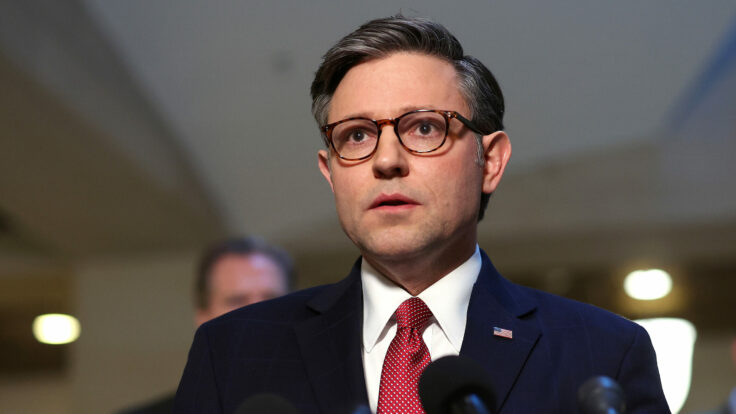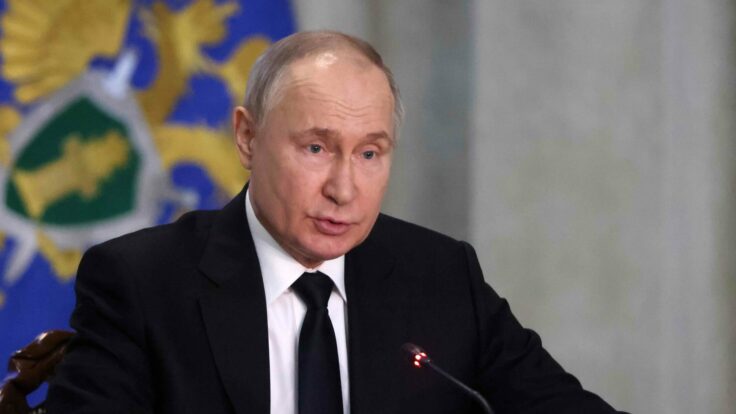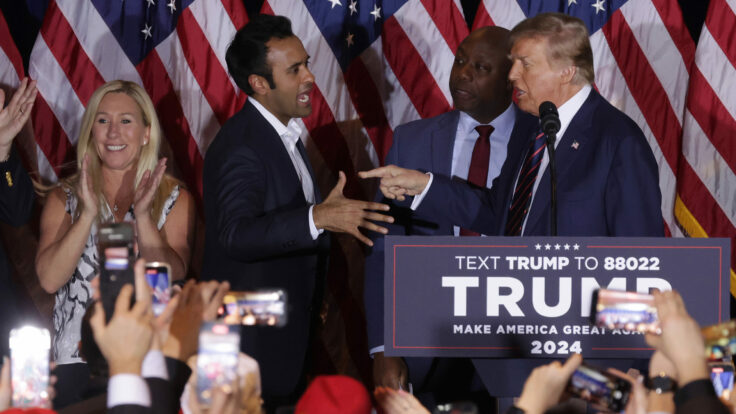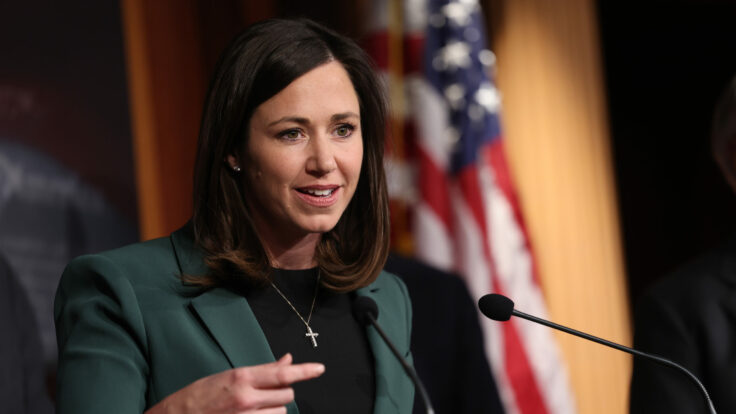On Tuesday, Ukraine woke up to a second straight day of Russian aerial bombardment targeting critical civilian infrastructure all over the country. Russian missiles slammed into playgrounds and universities, as well as electric power and water plants. Kremlin propagandists told the Russian population that the strikes were aimed at military targets, but on the ground, there wasn’t even a pretense—and the ululating Telegram channels of the nationalist hardliners reflected that.
Vladimir Putin described the attacks as retaliation for the explosion that partly demolished his beloved bridge across the Kerch Strait connecting the Crimean peninsula to the Russian mainland. If you look at a map of the area, you realize that Nikita Khrushchev wasn’t, as Putin claims, a dunce and a traitor for making Crimea part of the Ukrainian S.S.R., rather than the Russian S.S.R. It’s a peninsula, and its only connection by land is to Ukraine, not Russia. It’s why Putin sent “volunteers” into eastern Ukraine as soon as he annexed Crimea in March 2014: he needed a land bridge, an easy way to get to this fancy new peninsula he’d stolen from his neighbor, as well as a way of supplying it with water, power, food and all kinds of other vital necessities. Unfortunately for Putin, his forces were stopped at Mariupol by the newly formed Azov Battalion, made up, in part, of far-right Ukrainian nationalists.

















